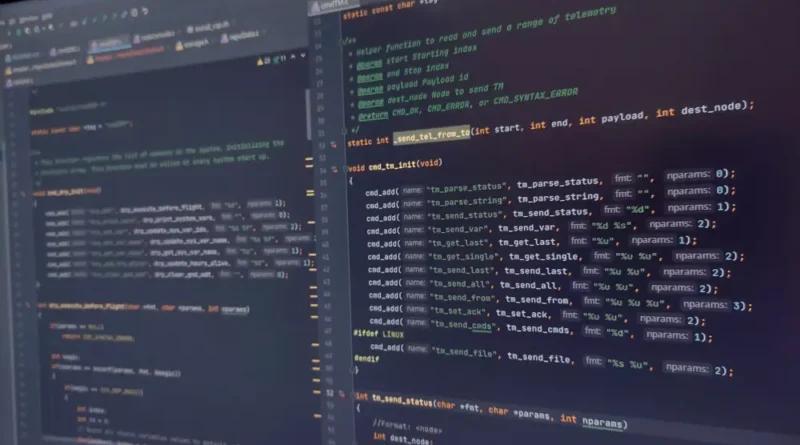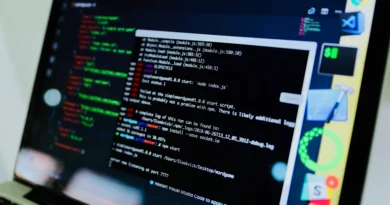6 Drawbacks of C Language
Drawbacks of C: C language has been around for ages, created in 1972 by Dennis Ritchie is a versatile computer programming language that has been used for various tasks. C language is a mid-level language as it is used for both high and low functionalities. A single C program can contain various parts such as header files, variables, structures, functions, comments and many more. C programming is considered the base-level language as it contains the knowledge required and gives a clear idea about logical solving which can then be used in various higher-level languages. Although it may be great, as with every programming language it does have some drawbacks and limitations to it. Let’s list them out and understand what can C programming can not be used for.
Some Drawbacks of C Language
1) Lack of Object Orientation
Unlike its superset C++, C language does not necessarily support OOPs (Object Oriented Programming Systems). This means that it does not support inheritance, abstraction, polymorphism, data hiding etc. Its superset C++ and other languages such as Java, and Python support inheritance methods from parent class whereas C does not support OOPs. This does affect the usability of previously typed codes.
Also Read: What is Strong AI? Explained in Detail
2) Debugging
C language requires compiling just before we run the program and hence when errors are detected they are not detected line-wise and are a hassle to deal with especially with large programs. It also does not check if the variable that has been used is pre-defined in the body of the program or globally before executing and hence, one must remember to always check the variable declaration beforehand to ensure proper output.
3) Constructors and Destructors Deficient
As the language does not support OOPs, the construction or destruction of a code or a block has to be done manually instead of being done automatically. These are carried out by user-defined functions or structures.
4) Lack of Garbage Values Collection
Garbage value collection can be of 2 types: automatic and manual. Automatic garbage collection happens when there is a lack of memory allocation space and is caused by RAM being preoccupied with various systems. Manual garbage collection requires manually freeing blocks of unused data to provide new memory allocation functions such as malloc. As C language depends on the user or programmer to allocate memory addresses, it lacks garbage collection.
5) Lack of the Concept of namespace
A namespace keyword is used to contain all the attributes that are related. In C language, we can not use two variables of the same name as it lacks the concept of a namespace.
6) Security
C language codes are very much visible to every single programmer accessing the program and since it’s such a fundamental level language there is no concept of privacy or managing access hence, affecting the security of the code.
Conclusion
With that, we conclude the limitations of C language. Although it’s a great language and is used globally even now. With so many uses even with the new and advanced languages that we have today, C is still a trustworthy and reliable programming language, especially for beginners. Hope this was helpful.




